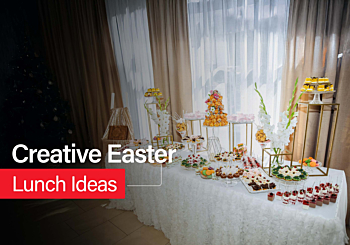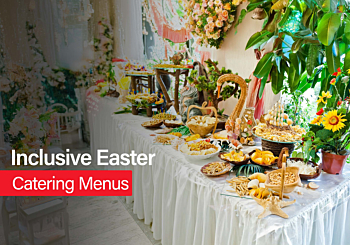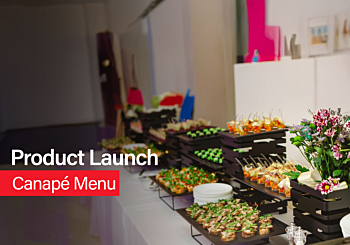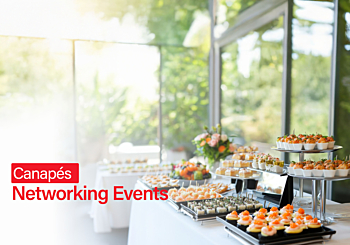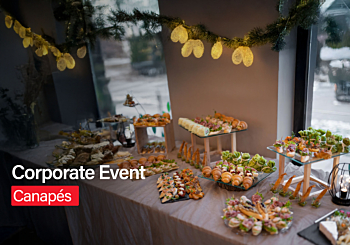How to Plan Inclusive Corporate Catering in 2025
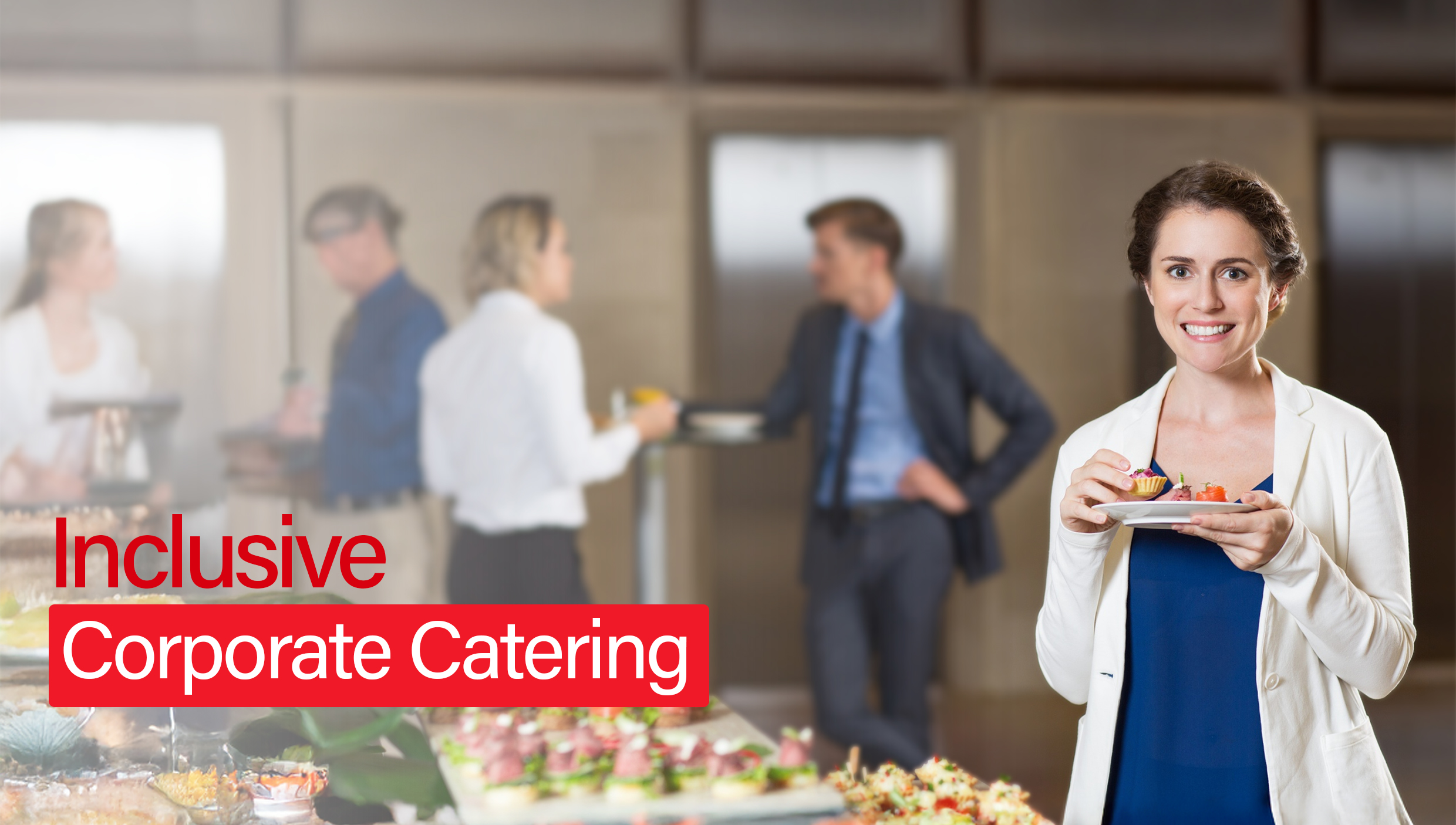
In 2025, corporate catering planning will do more than serve food. The goal is to help everyone join in and feel happy during the meal. These get-togethers want to show who all are there, look after the earth, and help people remember the day. Workplaces have people from all kinds of backgrounds. A lot of people want to eat good food. Many people care about what they pick to eat. Catering teams have to help with all this. They have to offer foods and services that keep all food needs in mind and make sure everyone gets what they want.
At Owen Brother Catering, we know that making everyone feel welcome helps build trust and bring value to every event. This is true whether you plan a lunch for your team, a big office party, or any event catering in London. Here is a simple guide to help you plan work catering that is good for all people and fits what we need now and in the future.
Clarify Your Objectives & Scope Early
Every good event begins with clear planning. Define what inclusivity means for your gathering. Are you going to provide vegan or gluten-free meals. Ensuring halal and kosher options? Or simply offering a wider variety of food choices? When you know who will be there and how big the event is, you can pick the best type of catering. This can be plated meals, buffets, live food stations, or luxury boxed meals for people who need to eat while working.
- Set your audience and size. Is this for leaders, all people in the company, clients, or for an in-person and remote office group? The needs for each one are not the same.
- Set up a timeline for your event. Start planning by looking at the event date and counting backward. When you work on big events, like those in London or other large cities, you need to begin about 3 to 4 months ahead. At Feedr, people usually start to plan these parties by September.
This plan makes sure that your ideas stay at the center as you pick menu items, figure out the details, and talk with others. This way, every step will support your main goal.
Gather Dietary and Accessibility Requirements
Inclusivity begins with listening. Send out a simple questionnaire to your attendees to gather allergies, intolerances, and lifestyle preferences. Don’t separate health needs from cultural or ethical ones — they all matter equally. Once you have this information, make sure every dish is clearly labelled, with allergens and suitability (vegan, vegetarian, gluten-free, etc.) easy to spot.
- Use a questionnaire. Ask guests about things like allergies, intolerances, what food they want or don’t eat, such as vegan, halal, gluten-free, nut-free, or dairy-free. You can also ask about any food rules from their culture, and things they may need so they can get around with more easily.
- Check both: health plus who a person is. Some likes and dislikes are about health, and others come from culture. So, treat them both the same.
- Set cutoffs and buffers Decide how long before the event you will stop taking dietary signups. Add a bit extra, about 5–10%, so you can deal with any last requests that might come up before the event.
- Every dish should have easy-to-read labels. These need to show things like what allergens are in the food, if it is vegan, if it is made without gluten, and more. If people know what they will get, they trust it more.
Design a Menu Everyone Can Enjoy
An inclusive menu is not boring or what people expect. In fact, it gives you a chance to be creative.
- Serve plant-based meals that vegans and people who want to eat less meat will enjoy.
- Mix classic favourites with some fresh ideas.
- Bring in new flavors from all over the world that show what London’s many cultures are like.
- Cook food without allergens at many spots. This helps stop food from mixing and keeps it safe.
- Use fresh and local food when you cook. This way, the food tastes good and is good for the planet too.
From breakfast catering and snacks during the morning to lunch catering in London and rich afternoon tea catering, everyone should be included at every part of the day.
Make Sustainability Part of the Experience
In 2025, sustainability and inclusivity work together. Clients and employees now want their caterers to cut down on waste. They also ask teams to lower carbon footprints and buy from local suppliers.
At Owen Brother Catering, this can mean:
- Partnering with ethical farms and producers.
- Using compostable or reusable packaging.
- Delivering in bulk to reduce trips and emissions.
- Donating surplus food to charities.
- We are open with our clients about the way we find materials and how we work to cut down waste.
This is good for the earth. It also helps make your business event look better to people.
Focus on Service and Accessibility
Including everyone is not only about the food you eat. It is also about how the whole thing makes people feel.
- Teach your staff to know about food needs. They should be ready to answer guest questions in a sure way.
- Change when meals are served, so there are not long lines. This lets everyone have an easy and good time.
- Offer build-your-own food stations. This way, people can choose what they like and make meals how they want. It gives everyone more choices and works well for any group.
- Make sure there are ramps, the right table heights, and clear signs to help guests who have trouble moving or seeing.
- Always keep some “backup” dishes ready. This is good if there are sudden allergies.
These details show care and can turn a normal catering service into one that people remember.
Communicate and Educate
If you value inclusivity, let people see that. Show how you do this on your website and in your proposals. Tell why your catering stands out—like how you take care of the environment and respect different cultures. Make clear connections between your services, such as luxury boxed meals, event catering in London, or lunch catering in London. This way, clients know what you offer.
Letting people try tastings or a sample menu can help them know that these inclusive dishes taste just as good as the usual ones.
Collect Feedback and Improve
After the event, ask your guests what they enjoyed most and what could be better. Track food waste to see which dishes did well. Track food waste to find out which dishes people liked. Look over your planning to see what can be better. This way, you get to make each event more open to everyone and run even better than before.
Why Inclusive Corporate Catering Matters
When you put inclusivity first in the catering work, you do more than just serve food. You show you respect other people and care about the health of the staff. This makes you act in a good way. The move helps build strong trust with clients. It also helps your brand stand out from the rest. This can help you reach targets too.
No matter if it is breakfast catering, a menu for late in the morning, tea catering in the afternoon, or full event catering in London, inclusivity is now very important — and it is already part of our present.
 Reorder Existing Orders
Reorder Existing Orders 




